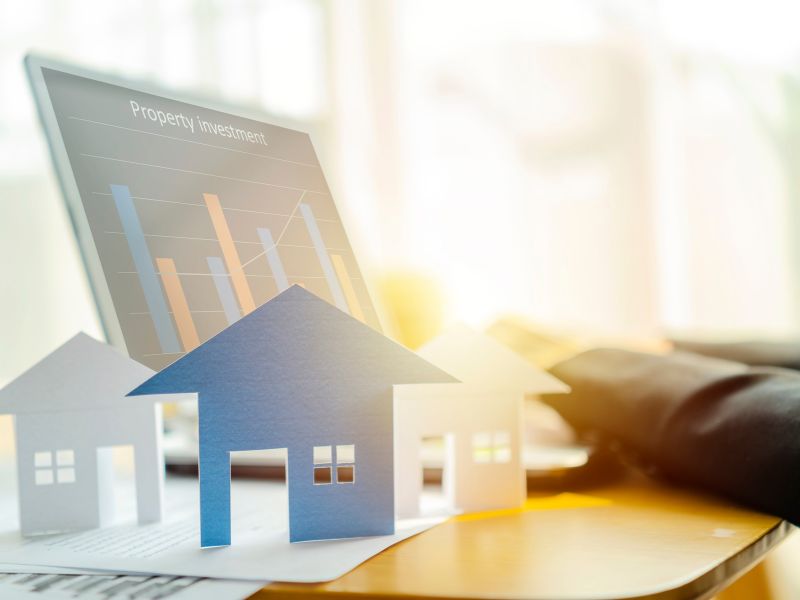 In the rapidly evolving landscape of real estate, smart homes are emerging as a transformative force, reshaping the way we live and interact with our living spaces. Automation and technology have become integral components of modern homes, offering unprecedented levels of convenience, efficiency, and sustainability. This article delves into the burgeoning realm of smart homes, exploring the impact of automation and technology on the real estate industry and the future trends that promise to redefine our concept of home.
In the rapidly evolving landscape of real estate, smart homes are emerging as a transformative force, reshaping the way we live and interact with our living spaces. Automation and technology have become integral components of modern homes, offering unprecedented levels of convenience, efficiency, and sustainability. This article delves into the burgeoning realm of smart homes, exploring the impact of automation and technology on the real estate industry and the future trends that promise to redefine our concept of home.
The Rise of Smart Home Technology
The past decade has witnessed an explosion in smart home technology, with devices ranging from smart thermostats and lighting systems to security cameras and virtual assistants. These innovations are designed to enhance comfort, security, and energy efficiency, providing homeowners with greater control over their living environments.
Integration and Connectivity
One of the key trends driving the future of smart homes is the increasing integration and connectivity of devices. The advent of the Internet of Things (IoT) has enabled seamless communication between various smart devices, creating a unified and interconnected home ecosystem. This connectivity allows homeowners to control and monitor their homes remotely, leading to increased efficiency and peace of mind.
Home Automation and Artificial Intelligence
Automation and artificial intelligence (AI) are at the forefront of the smart home revolution. Intelligent systems can learn from user behavior and adapt to preferences, automating routine tasks and creating personalized living experiences. From adjusting the thermostat to optimizing energy consumption, AI-driven automation is set to become an integral part of future smart homes.
Energy Efficiency and Sustainability
The future of smart homes is intrinsically linked to sustainability. Smart technologies play a crucial role in optimizing energy usage, reducing waste, and promoting eco-friendly practices. Energy-efficient appliances, smart HVAC systems, and solar-powered solutions contribute to both environmental sustainability and cost savings for homeowners.
Enhanced Security Features
Security is a top priority for homeowners, and smart home technology is revolutionizing the way we approach safety. Advanced security systems, including smart locks, video doorbells, and AI-powered surveillance, provide real-time monitoring and alerts. These features not only enhance home security but also offer a sense of control and peace of mind.
The Impact on Real Estate Values
As smart home technology becomes more prevalent, it is influencing property values. Homes equipped with the latest automation features tend to be more attractive to buyers and can command higher prices. Real estate developers are increasingly incorporating smart home features into new constructions, recognizing the growing demand for technologically advanced living spaces.
Challenges and Considerations
While the future of smart homes is promising, some challenges need to be addressed, such as data security and privacy concerns. As homes become more interconnected, the need for robust cybersecurity measures becomes paramount to safeguard sensitive information and protect residents from potential threats.
Redefining the Home Experience
The future of smart homes is marked by the seamless integration of automation and technology, fundamentally transforming the real estate landscape. Homebuyers and homeowners alike are seeking innovative solutions that enhance comfort, security, and sustainability.
As technology continues to advance, the smart home revolution is poised to redefine our concept of home, creating living spaces that are not only intelligent but also responsive to the evolving needs and preferences of residents.
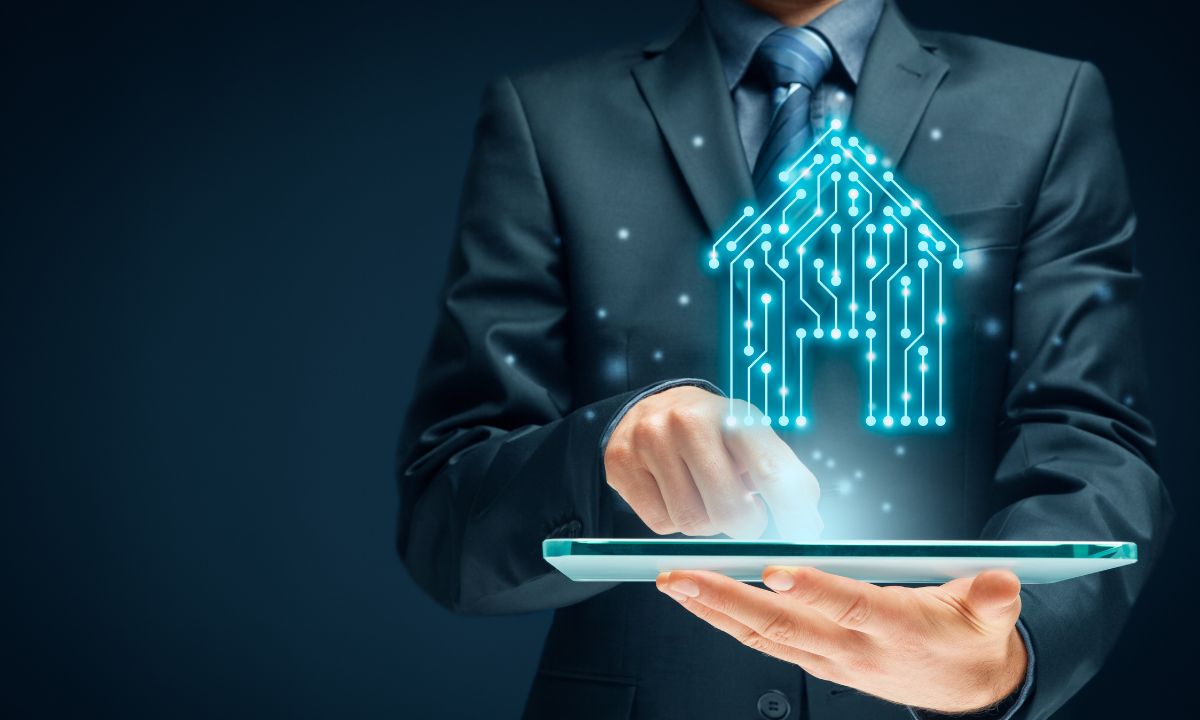 Technology is no longer limited to just our smartphones and laptops; it’s rapidly infiltrating every aspect of our lives, including the place we call home. The real estate industry is experiencing a significant transformation with the emergence of Smart Homes and the Internet of Things (IoT). These innovations are not just about convenience; they are revolutionizing the way we live, making our homes safer, more efficient, and ultimately more enjoyable.
Technology is no longer limited to just our smartphones and laptops; it’s rapidly infiltrating every aspect of our lives, including the place we call home. The real estate industry is experiencing a significant transformation with the emergence of Smart Homes and the Internet of Things (IoT). These innovations are not just about convenience; they are revolutionizing the way we live, making our homes safer, more efficient, and ultimately more enjoyable. When it comes to buying real estate, stepping into your dream home isn’t just a matter of physical visits anymore. Thanks to the innovative integration of virtual reality (VR) technology, prospective buyers and curious renters can now explore properties from the comfort of their own spaces. This revolutionary shift not only transforms the way we house-hunt but also reshapes our perceptions of what the future holds in real estate.
When it comes to buying real estate, stepping into your dream home isn’t just a matter of physical visits anymore. Thanks to the innovative integration of virtual reality (VR) technology, prospective buyers and curious renters can now explore properties from the comfort of their own spaces. This revolutionary shift not only transforms the way we house-hunt but also reshapes our perceptions of what the future holds in real estate.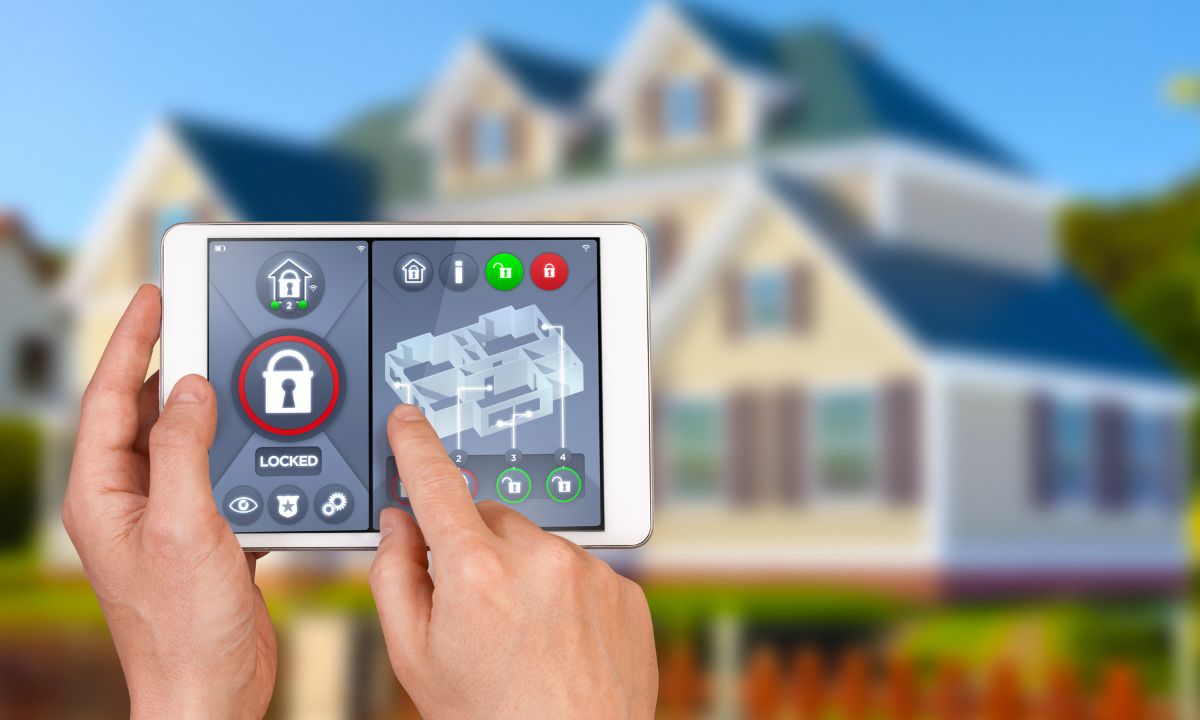 Smart homes are rapidly reshaping the real estate landscape, promising unparalleled convenience, security, and sustainability. With automation and connectivity at their core, these homes represent the forefront of technological innovation, offering homeowners unprecedented control over their living environments.
Smart homes are rapidly reshaping the real estate landscape, promising unparalleled convenience, security, and sustainability. With automation and connectivity at their core, these homes represent the forefront of technological innovation, offering homeowners unprecedented control over their living environments. Technology has come a long way, and you might be thinking about turning your house into a smart home. Now, there are a lot of smart home products available, and you may have a difficult time keeping track of which ones are best for you. What are some of the top smart home products you need to know about?
Technology has come a long way, and you might be thinking about turning your house into a smart home. Now, there are a lot of smart home products available, and you may have a difficult time keeping track of which ones are best for you. What are some of the top smart home products you need to know about? For many months, the COVID-19 (Corona-virus) pandemic appeared to be a problem that only existed in foreign lands. Now, this virus has arrived on the shores of the United States and has disrupted jobs, hospitals, and lives. People are being asked to practice social distancing measures to curtail the spread of the virus while some parts of the country are being asked to stay home entirely. The good news is that there are still ways for people to remain social while being safe.
For many months, the COVID-19 (Corona-virus) pandemic appeared to be a problem that only existed in foreign lands. Now, this virus has arrived on the shores of the United States and has disrupted jobs, hospitals, and lives. People are being asked to practice social distancing measures to curtail the spread of the virus while some parts of the country are being asked to stay home entirely. The good news is that there are still ways for people to remain social while being safe. 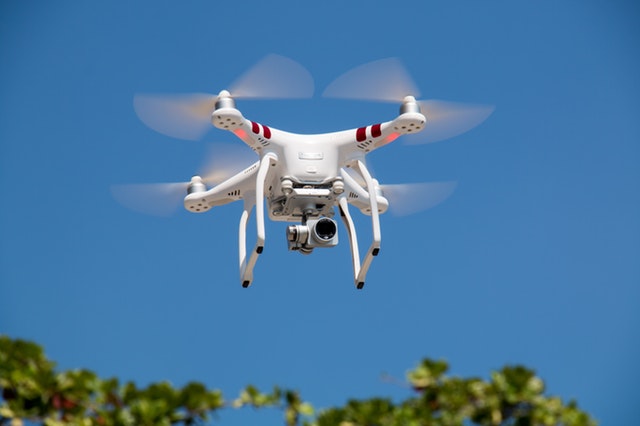 Recent advancements in technology continue to disrupt the real estate market. This includes the use of “Big Data” for data mining, artificial intelligence combined with machine learning, augmented and virtual reality, use of drones, blockchain technology, and the ongoing deployment of 5G.
Recent advancements in technology continue to disrupt the real estate market. This includes the use of “Big Data” for data mining, artificial intelligence combined with machine learning, augmented and virtual reality, use of drones, blockchain technology, and the ongoing deployment of 5G.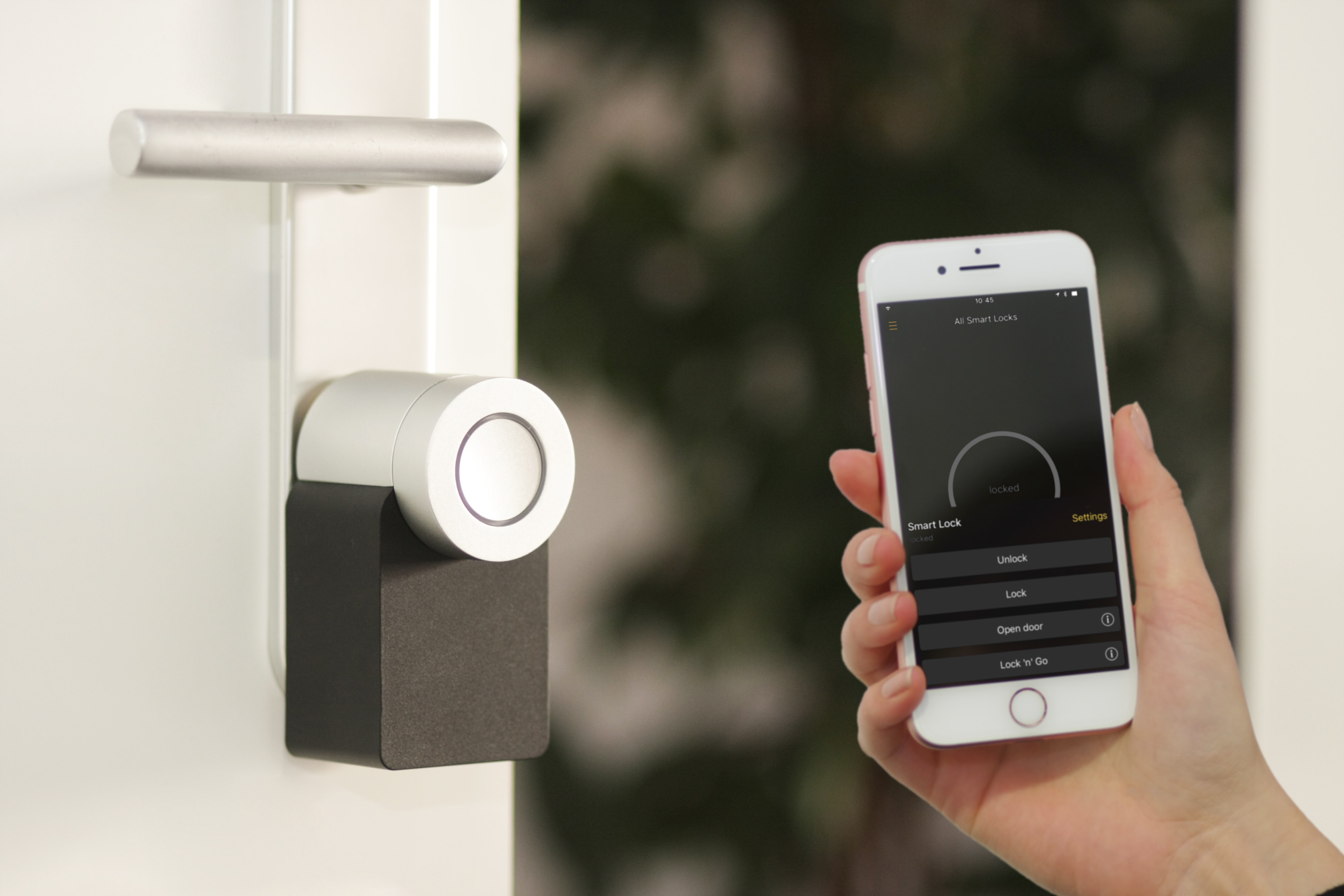 For market value and the comfort of a home’s occupants, home security is just as important as energy-efficiency. Innovation in smart home technology focuses on both of these areas.
For market value and the comfort of a home’s occupants, home security is just as important as energy-efficiency. Innovation in smart home technology focuses on both of these areas. Virtual reality, artificial intelligence and drone video are just a few of the ways that technology is changing the real estate industry. If you are in the market for a property, understanding these new processes can help you in many ways.
Virtual reality, artificial intelligence and drone video are just a few of the ways that technology is changing the real estate industry. If you are in the market for a property, understanding these new processes can help you in many ways.